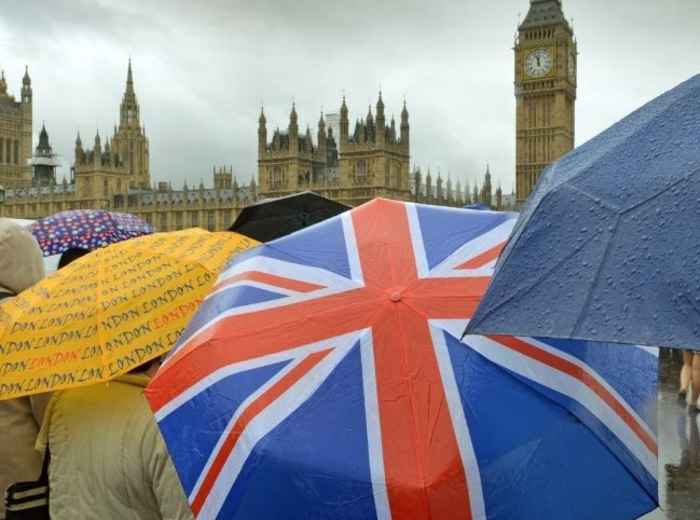
How to speak like a local in London
In every language, there are words that don’t translate well, but British English seems to have more than others. What may seem blindingly obvious to every Londoner is likely going to thoroughly confuse a visitor. Seemingly every conversation you have with a local will be sprinkled with bamboozling idioms and slang designed to perplex even the most fluent linguist or speaker of American English. To help you out on your next visit to London, we’ve put together a guide on how to talk like a Londoner, so you can navigate the minefield that is the English language and blend in with the locals while you’re out and about. Here’s the London slang you need to know before your trip!
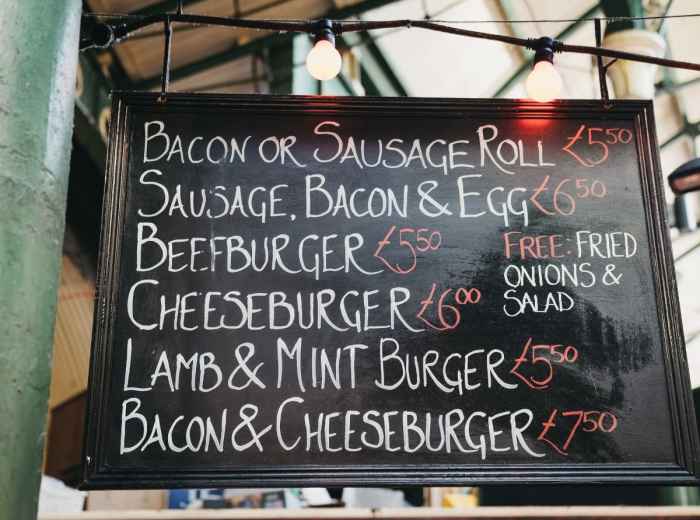
Bang out of order
Bang out of order
If something is bang out of order, it means it’s unfair. In severe cases, this can be shortened to ‘that’s bang out!”, and it’s best to remember that’s it’s always best followed by an ironic “mate”. As in “that’s bang out of order, mate” - the person in question is most likely not your mate, but it’s nice to be nice (or sarcastic, as the case actually may be). For example, if you find yourself in a touristy restaurant in Leicester Square and the prices on the menu are extortionately high, you can say to yourself, your friends or the staff “these prices are bang out of order!”.
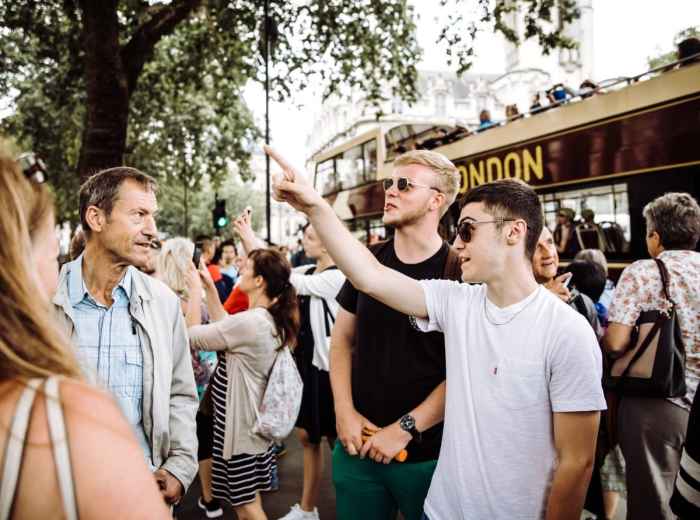
Allow it
Allow it
You might hear people saying things like “allow it, fam”, which is just slang to say “leave it alone” or “don’t bother with it”. You can say this if you don’t really feel like doing something or to express dislike for something (or someone). For example, if someone suggests walking somewhere but you really don’t feel like it, you can respond with “allow it, let’s get the tube”. Or, if someone says something that’s out of order, you can respond with a simple “allow it” to show that you definitely do not agree.

Chucking it down
Chucking it down
You will probably have noticed by now that it rains a lot in London. As such, Brits like nothing more than to get creative when it comes to thinking of ways to describe the rain, and the extent to which it is raining. “Drizzle” is just a little light rain and nothing to worry about, but “it’s absolutely chucking it down” (chucking what down, you may wonder) is very severe and on par with “it’s raining cats and dogs” and “it’s torrential” - that is to say, buckets of water are pouring out of the sky and you should probably stay indoors.
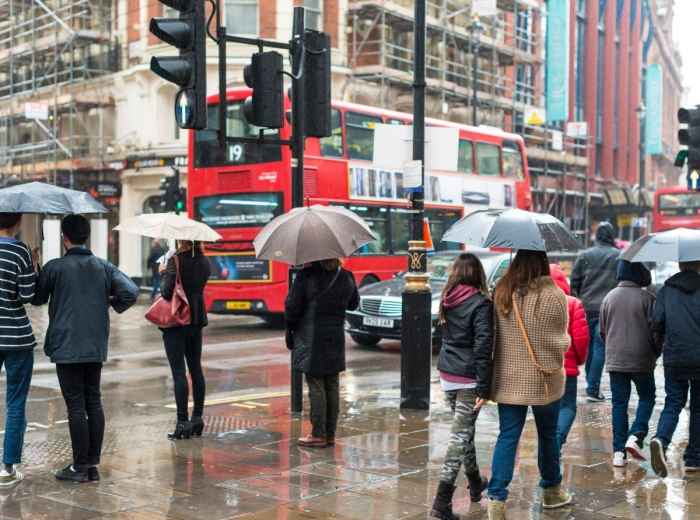
Brolly
Brolly
An essential for when it’s chucking it down, a brolly is an umbrella. If it’s raining as you come out of your hotel and like the optimist you are you didn’t pack an umbrella, you can always head to the concierge and ask “excuse me mate, do you have a brolly I could borrow please?”. And since Londoners love nothing more than complaining about the weather, bonding over the weather and generally chatting about any weather related topics, you will soon find yourself a) with an umbrella in hand and b) a new pal (friend).
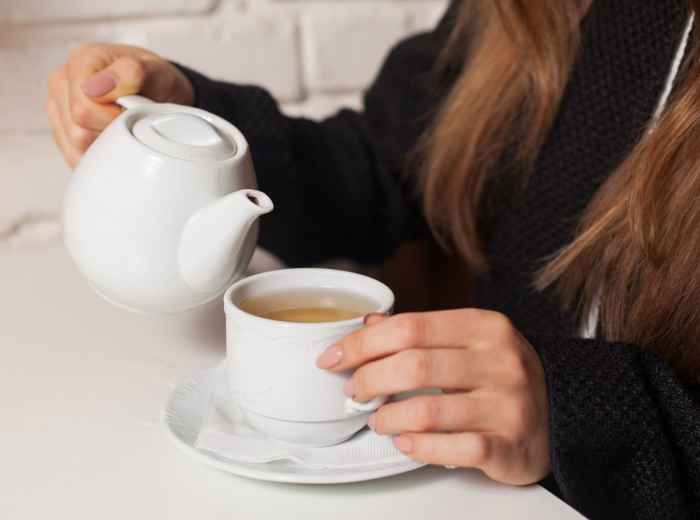
A brew
A brew
A brew is a cup of tea, which is also known as a ‘cuppa’. If anyone offers you either, which will normally run along the lines of “fancy a cuppa?”, the only thing you really need to know is that you should always say yes. And please, never expect it to be a cup of coffee. The only problems may arise when it comes to how long the tea should be left to brew for, or whether you add milk to your cup(pa) before or after the tea itself. The best rule is to go with the flow and accept your cuppa however it’s given to you.
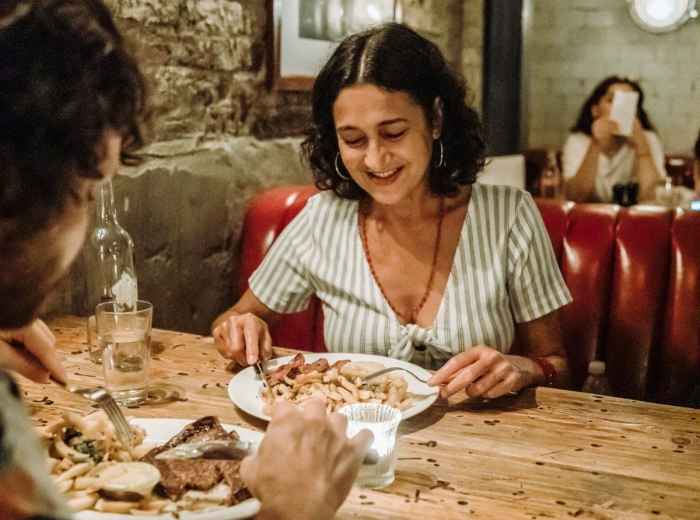
Tea vs dinner
Tea vs dinner
More difficulties are on the horizon if someone asks you if you’d like to have tea. This could translate as, “would you like a cuppa”, but it could also refer to an evening meal. Although calling dinner “tea” is northern (English) slang more than a Londoner’s, it’s always good to be on your on your toes (ready for any eventuality) and know what you’re saying yes to. But since a cup of tea is usually accompanied by biscuits - yummy - and dinner would mean you get to enjoy a meal with whichever delightful person has asked the question, either way you’ll get to eat, and who wouldn’t want that? If you’re asking someone else if they would like to go and eat a meal together, best to stick with “dinner” rather than “tea” so as to avoid any confusion.
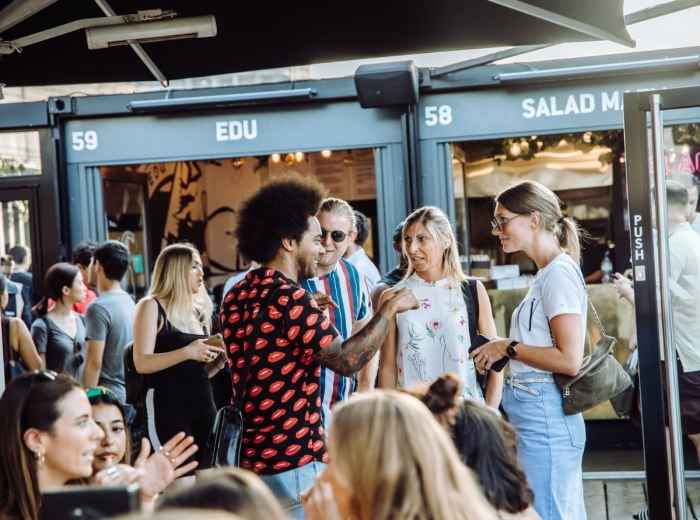
You alright?
You alright?
You may be a bit puzzled if someone greets you with “you alright?” but don’t panic, it’s just another way of asking “how’s it going?”, or “how are you?” The question can also be posed as “alright, mate?”, to which the best response is usually a simple “alright” straight back at them.

Any word in the past tense can mean drunk
Any word in the past tense can mean drunk
A confusing one, so get ready. As was pointed out by Michael MacIntyre, one of Britain’s best loved comedians, you can essentially take any word in the English language, be it a verb or a noun, make it past tense and bob’s your uncle (“there you go”), you’ve got a hilarious new way to let people know you were drunk. For example, “I was absolutely gazeboed” last night. To the untrained ear this will sound like utter nonsense, but we can assure you that if you say to any Londoner “I had a few too many drinks last night, I got completely car parked” they will know exactly what you mean.

Get your round in
Get your round in
Speaking of drinks, if you’re out and about with friends in the pub, you will most likely be instructed at some point to “get a round in”. This simply refers to it being your turn to buy the drinks, as when drinking with friends, Londoners tend to take it in turns to buy drinks for their whole group rather than just for themselves. So if you hear “who’s round is it?”, either take one for the team and make a beeline for the bar to order the drinks, or involve yourself in a lengthy debate about who’s “round” it is.
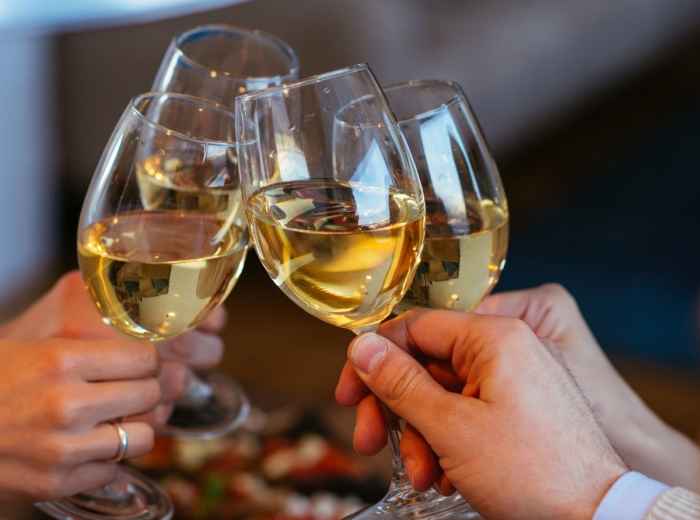
Cheers
Cheers
Another word which can not so helpfully mean different things, “cheers” is either what you say as you clink glasses in the pub, or is an informal way of saying thanks. You probably wouldn’t say it to your grandma, but you can certainly say it in the pub when the bartender hands your drinks over. And once you’ve carried your round back to your mates, say it again as you all raise a glass together!

